
What is Parkinson’s disease (PD) ?
Parkinson’s disease (PD) is a neurodegenerative disorder which progresses over time. It is typically caused due to the chemical changes in the brain, further affecting movement and non movement functions in the individual. The experienced symptoms in Parkinson’s disease can vary widely from person to person and this includes both motor and non motor symptoms.
Main motor symptoms of Parkinson’s disease
- Tremors or shaking
- Muscle loss or atrophy
- Reduced or slow movement
Non motor symptoms of Parkinson’s disease
- Sleep disorders
- Depression or anxiety
- Articulation and communication
- Swallowing problems
- Drooling
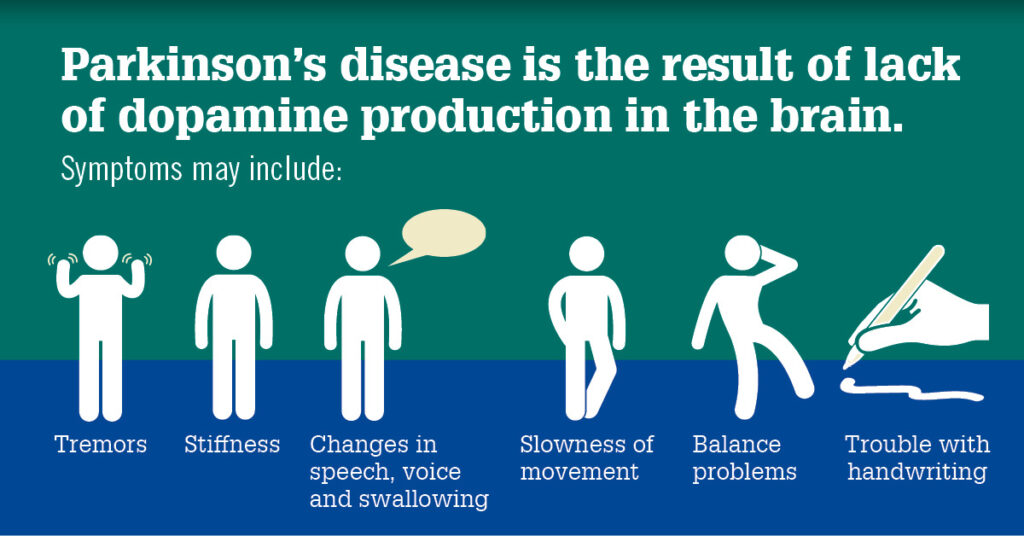
Due to the large variety of symptoms, individuals with Parkinson’s disease face many restrictions and limitations in daily life. Therefore, healthy habits such as exercising, and continuing daily tasks is essential to delay the progression and increase the lifespan in individuals with PD.
How Parkinson’s disease affects speech and swallowing?
In addition to movement disabilities, PD could also affect these speech and swallowing functions in the individual. This happens since the muscles of the face, mouth and throat also get affected as the disease progresses.
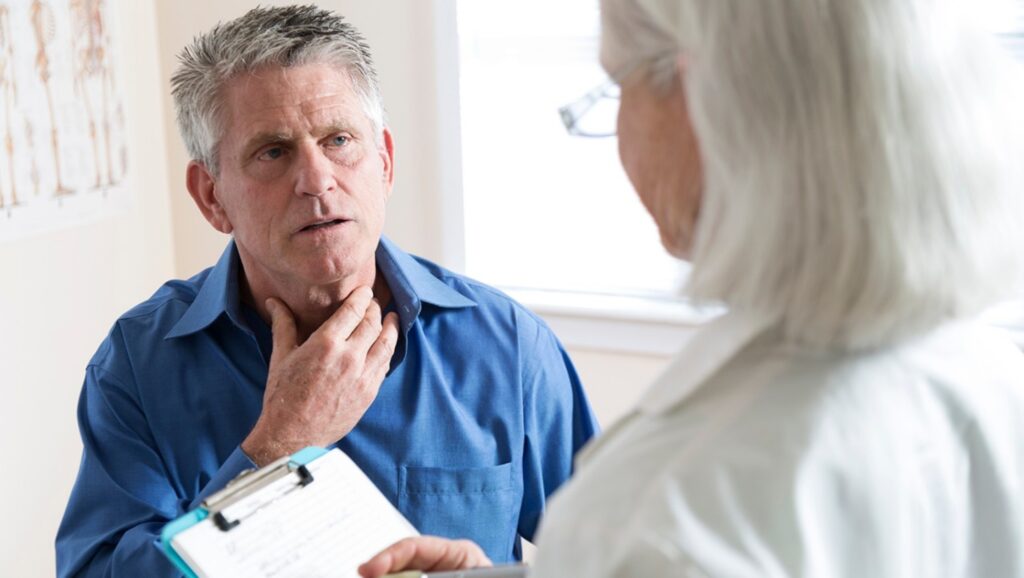
Speech and swallowing symptoms in Parkinson’s disease
- Hoarseness in voice – similar to someone with a sore throat
- Reduced loudness of voice – it might seem difficult to generate a loud voice, at times even at a decent loudness for people to understand.
- Choking on food – it could be difficult to swallow pills and eat certain consistency of foods / liquids
- Coughing while eating / drinking – the individual starts coughing when eating or drinking since the food enters the windpipe (larynx) instead of the foodpipe (pharynx)
- Drooling – also known as Sialorrhea, excessive production of saliva and inability to control it.
In medical terms, difficulties in speech due to the muscular changes is known as Dysarthria while those due to swallowing is known as Dysphagia. It is important to look out for such symptoms, since these could massively affect the quality of life and if gone unnoticed, could also lead to medical emergencies. To prevent and maintain the speech and swallowing functions, it is essential to consult a speech language pathologist / speech therapist.
Speech therapy in Parkinson’s disease
Speech therapists are expert professionals to handle all speech and swallowing related impairments in individuals with Parkinson’s disease. The role of a speech language therapist is multifaceted, ranging from screening, evaluation, assessment to managing and providing the right type of counseling to the individual. Speech therapists also have the ability to diagnose any subtle changes which otherwise might be difficult to notice in the person. Therefore, consulting a therapist at the earliest can even help cope with problems that might get difficult to manage later on.
The therapist might provide treatments and exercises to mitigate and improve different functions of speech and swallowing in the individual which include :
1. Lee Silverman’s voice treatment
LSVT is one of the widely used therapy to increase the loudness of voice in people with PD. It was developed back in 1987, and extensively used by speech therapists to improve vocal functions along with breathing in Parkinson’s disease. It is an intensive program involving different science based concepts and requires frequent sessions to bring maximum voice improvements in the individual.
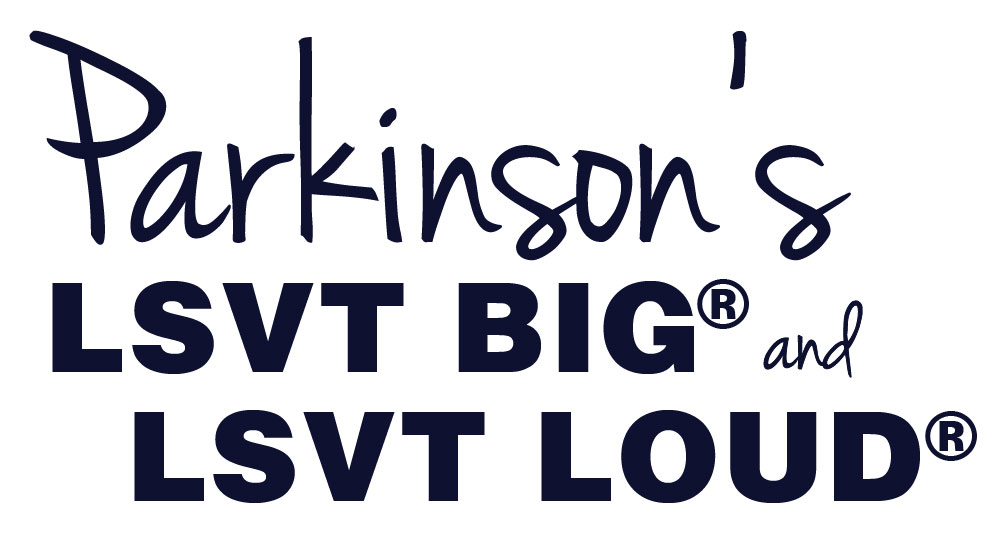
2. Speak OUT!
Speak OUT! is again a voice based treatment established by the Parkinson’s voice project to improve and maintain the vocal strength of people with Parkinson’s disease. This also includes a series of voice, speaking and cognitive exercises through frequent sessions with the speech therapist.
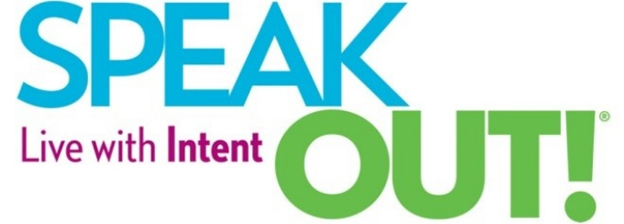
3. Expiratory muscle strength training – EMST
Expiratory muscle strength training or EMST is a technique that specifically targets the expiratory muscles and works on strengthening them. It involves using a pressure threshold trainer such as the EMST 150 and following a protocol to train daily. Since the functions of speech, swallowing and even breathing are based on expiration, practicing EMST leads to improvements in these functions over time. EMST is a clinically evident practice in Parkinson’s disease and provides great improvements in people with Parkinson’s disease. To read more about EMST, please click here.
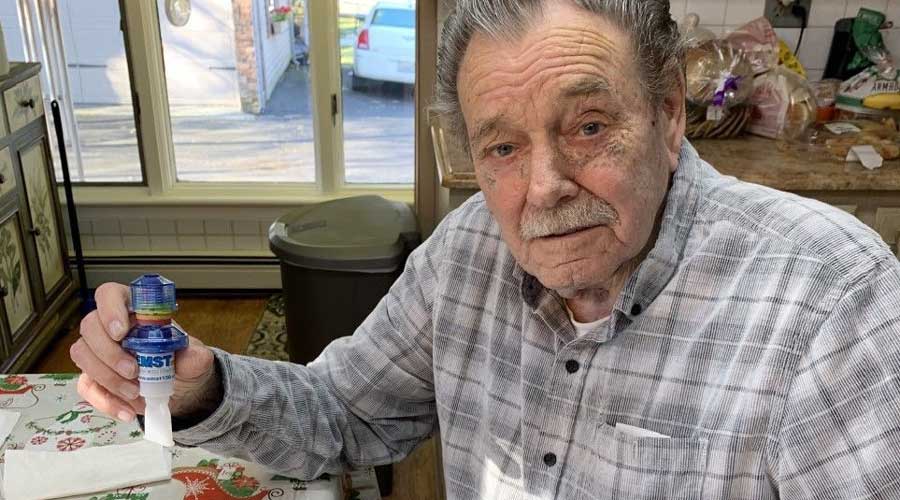
4. AAC
For individuals with compromised speech and communication abilities during Parkinson’s disease, AAC – Augmentative and Alternative Communication devices are a good solution. AAC range from low tech such as pen – paper to high tech devices such as using an iPad, voice amplifier or a communication board for bridging the communication gap with these individuals. Again, the best options for these are determined by the speech therapist after a thorough evaluation and assessment of the individual’s abilities.

Finding a SLP
Talking to your doctor or clinician can help you find a good speech therapist. Alternatively, you can also look for private speech therapists by yourself by searching on the internet.
Please keep in mind that not all speech therapists specialize in providing services for people with Parkinson’s disease, so please ensure to find a therapist who has experience dealing with Parkinson’s disease.
Here are some good resources to help you find a speech therapist in Mumbai :
Speech and swallowing at Sir H.N Reliance hospital
Voice and swallowing at Bombay hospital
Voice clinic at Kokilaben hospital
Speech and swallowing problems in Parkinson’s disease is a common scenario and worsens over time. Fortunately, with the help of a speech therapist, you can get the best professional help and navigate through the problems effectively.